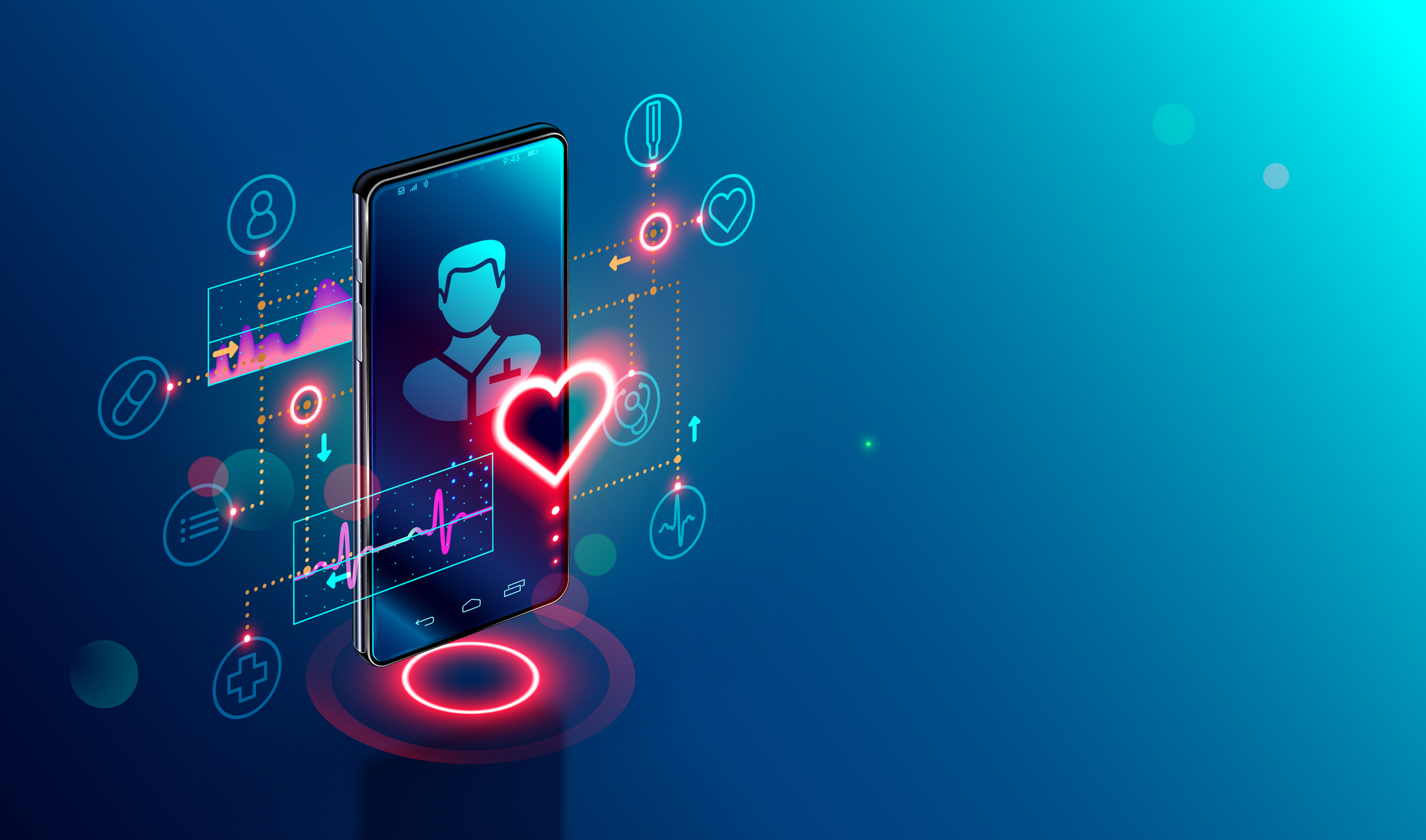This entire year has been a great awakening in our relationship with technology, as we’ve begun to reevaluate the effects of technology on our lives. Part of that has meant being more mindful about the apps we use and seeking out technologies are actually augmenting our humanity instead of diminishing it or consuming it. And the sign of just how far this has gone was Apple declaring that self-care is its App Trend of the Year. “While they’ve long tracked our steps and calories to monitor our physical health,” the announcement read, “in 2018 the best apps put our mental well-being front and center.” It’s a great capstone to a great cultural shift.
A lot of people listen to music to help them relax, but the question is, what song is best for the job? It turns out, science has the answer. According to researchers from Mindlab International, one song was better than all others at making us relax: “Weightless,” by Marconi Union. The song reduced anxiety in study participants by 65 percent and produced a 35 percent reduction in overall physiological resting rate. And it’s no coincidence — the band actually worked with sound therapists while crafting the song. And if you want an entire playlist, researchers put together a list of ten songs for your listening and relaxing pleasure.
On the intersection of technology, humanity and business Salesforce CEO Marc Benioff let loose in an interview with CNBC’s Jim Cramer with some major advice for tech companies. After noting how many high-profile executives are leaving big tech companies in Silicon Valley, Benioff diagnosed the problem — and offered the solution. “In technology over the last two decades, the most important thing has been the idea. That is, the best idea wins,” he told Cramer. “That has been what gets you funded, that’s how you grow your company, that’s been your highest value: The best idea wins. No longer true. The current highest value is trust, and if trust is not your highest value, if the most important thing to you and your company is not trust, you need to look again.”
While the conversation about workplace culture in Silicon Valley opened up this year on issues like privacy, diversity, and inclusion, there’s another issue that needs to be added to the mix. According to a new poll from Blind, an anonymous social network, over one-third of tech employees say they’re depressed. As Axios points out, “the numbers show a need for greater discussion of mental health issues within the industry.” In fact, the discussion needs to be even wider — encompassing the connection between technology and mental health at all levels and for all populations. It’s not a tech industry issue, it’s a public health issue.
And in a sign of how this conversation about technology is going to get a lot more complicated in 2019, there’s this from ProPublica, about how health insurance companies are making use of increasingly sophisticated tracking technology. The piece details how insurers are using data from CPAP machines — the devices that help those with sleep apnea during the night — to deny coverage if, according to information the machines send back, the patients are deemed to be using them incorrectly. As Marshall Allen notes, this story is only going to get bigger, as our lives become more and more surrounded by wearables and tracking technology. “Privacy experts said such concerns are likely to grow,” he writes, “as a host of devices now gather data about patients, including insertable heart monitors and blood glucose meters, as well as Fitbits, Apple Watches and other lifestyle applications.” So the question is: who owns your tracking data? And is it medical data? As in so many other instances, the technology is outpacing the law.
Follow us here and subscribe here for all the latest news on how you can keep Thriving.
Stay up to date or catch-up on all our podcasts with Arianna Huffington here.


